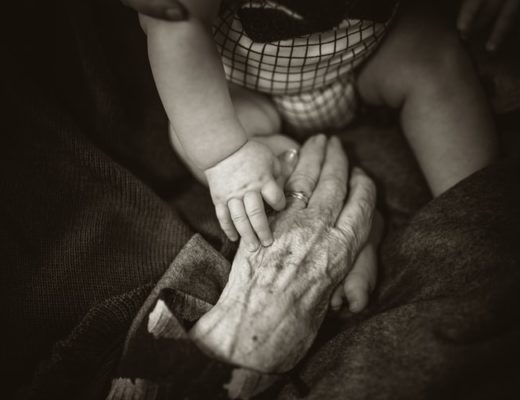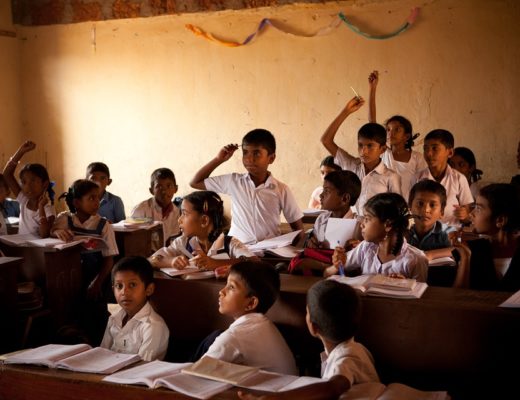Recently I came across two friends who have not talked to each other for six years. In another curious case, a brother and sister last talked 20 years back and still continue to avoid each other. Many of my readers would have encountered such stories. This triggers one question. What might be the toughest thing for human beings? I feel it is the inability to forget , forgive and move on. Accordingly, I feel that forgetting and forgiving are two of our highly underrated virtues. A lot of fantastic human beings find it so difficult to forgive. For them certain things are not negotiable and certain issues can never be settled. For them certain relationships are broken permanently. If the inability to forgive has a good company it is the inability to forget. We have stocked far too many things in our memory. And a lot of such stuff do not add any value to our personal lives but facilitate only an inner turmoil. The inability to forget our losses , errors, embarrassments etc is a real one . In short , so many people are condemned to live with bad memories and the tragedy is that we rarely understand the huge impact of both in our personal lives.
Forgiving is strength , not weakness
Forgiveness is a popular virtue in religions. Religions which were used to trade in
“power of pardoning someone is one which every individual
reserves for himself and one which we all possess”
Do some people have a notion that forgiveness is for those who are weak? Is it applicable for only those who cannot retaliate? There is a sizeable number of people who are defined by their vengeance towards the other. Nietzsche termed forgiveness as “not being able to take vengeance ’. Here the question each person who is offended or hurt needs to ask is, whether forgiveness has a chance? Should a friendship or bond be sacrificed for an isolated incident? Whether an act of forgiveness can heal the wound and bring peace? Sometimes we are under the illusion that an act of vengeance will bring lasting peace while the reality may be different.
We need to look at the whole idea of forgiveness afresh. Then we may realise, how naturally forgiveness becomes the mark of a strong human being who is ready to move on without harping on vengeance. He/she gains by forgiving what they would have lost by retaliation. Mahatma Gandhi said,
“The weak can never forgive. Forgiveness is the attitude of the strong”
Forgiving takes you closer to your relationships. There is freedom for an error and few other things give people more confidence in life. Children lie less when
The importance of tidying up
Imagine a room stacked with everything. You are most likely to tidy up the room before putting new things. Now think of your memory like a room. The question is, do you need to remember every bad experience, every agony and every setback indefinitely? In a lot of cases, people have this peculiar problem of harbouring all bitter thoughts within themselves. They find it unable to forget and move on. In a number of instances, this prevents people from embracing the new and exciting which is reaching us. We prefer to move on with our baggage of memories. Memory plays a far bigger role than we all imagine. It intervenes in our lives in myriad ways shaping our decisions and attitudes. The point is not to forget all but whether you should be living as a prisoner to bad memories and should they be allowed to alter your future choices. Each one of us is engaged in our own daily struggles
Learning to forget
There are instances when bitter memories define the character of a nation. In this category, perhaps nothing comes close to the haunting images of the Holocaust. Few events of
“ without ignoring the historic importance of collective
memory , a climate in which an entire people determine its attitude to thepresent and shapes its future by emphasizing the lessons of the past is fraught with peril ….
The takeaway
As long as humanity prefer peace to everything else, forgiveness will and should remain relevant and worth trying. In making personal, family and social relationships work, forgiveness play a stellar role and we forget it at our own peril. It is up to us to banish the bitterness from our minds to embrace the ever new before us. None of us is here for an eternity and an investment in vendetta can be the worst choice in such a scenario. Vengeance or retaliation are tempting options but when we pause and explore further, forgiveness will turn out to be a better choice. Our futures are better built on such reconciliation and small acts of forgiveness.







8 Comments
Mampra
February 7, 2019 at 9:47 amGood oneBobby. Keep writing
Boby George
February 7, 2019 at 12:39 pmThanks dear….
Ramaa
February 7, 2019 at 10:05 pmHai. Bobby. I have always been through most of your articles. All your contributions are very well thought connected to reality to the fullest. This article on two critical attitudes or gestures – forgive and forget is simply valuable message. But in most instances of our day to day life comprising these factors is very tedious. In most of the cases where these gestures are applied it’s only because of compelling forces.
Boby George
February 8, 2019 at 2:15 pmYou are right. Its tough but when I see people struggling with their bitter memories I feel how wonderful it will be if they could forgive and move on.
kayec
February 14, 2019 at 3:36 amThe great philosophers and theorists don’t always explain what’s behind forgiveness. No doubt it is very liberatory; however, forgiveness can only come, especially where there is heinous injury concerned, through a mindful examination of both self and other. Often, it takes a long while. I’m not sure if this is what Ramaa above is suggesting, but, oftentimes, we forgive not through a process of understanding and awareness, but due to sheer need in the face of competing demands on our time and energy. The result of this type of forgiveness is almost always a silent resentment, or a disconnection from real closeness. In that sense, forgetting is often a deep-rooted psychological evolutionary defense against injury that is intolerable, and threatens our very existence…. Thank you for another inspiring post!
Boby George
February 15, 2019 at 12:35 amThat was a real deep analysis. There are occasions when you have to forgive with pain but the greatest relief is that the forgiveness give you peace. Thank you for the encouraging words.
Rajani
February 16, 2019 at 10:15 pmI regularly read your articles. Very thought provoking. In this article I would like to share my views also. I feel that forgiving and forgetting are quite contradictory.
It is possible to forgive since it gives a sense of happiness and we feel less burdened by the bitter memories. It leads to peace of mind.
But forgetting is impossible since God has gifted the boon of memory only to the human race.
Boby George
February 17, 2019 at 7:09 pmhappy to know that you follow my writings. i also understand your point about memory. of course , we have memory and I only wanted to stress the point that through an effort it may be possible to forget certain very bitter memories and gain peace.